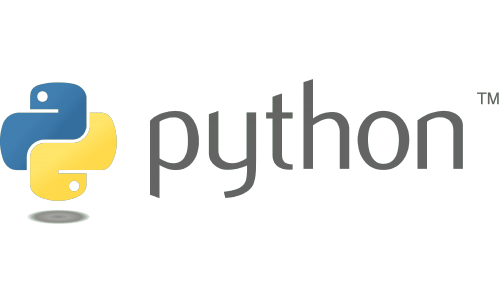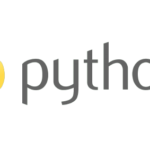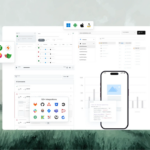Python is renowned for its readability and simplicity, but it’s easy for even experienced developers to write code that becomes unwieldy and challenging to maintain over time.
Writing clean and maintainable code is not just a matter of preference; it’s a necessity for ensuring that your projects remain efficient and error-free.
In this post, we’ll explore essential Python best practices and tips to help you produce code that’s easy to read, understand, and maintain.
Use Python 3
Python 2 lost official support as of January 1, 2020. If you are currently using Python 2.7, it’s crucial to upgrade without delay.
Follow the PEP 8 Style Guide
Python Enhancement Proposals (PEP) 8 is the official style guide for writing Python code. Adhering to PEP 8 ensures a consistent coding style across your projects and makes it easier for others to collaborate on your code. Key aspects of PEP 8 include:
- Consistent indentation (usually four spaces).
- Descriptive variable and function names.
- Limiting line length to 79 characters for code and 72 for docstrings and comments.
- Using whitespace judiciously for readability.
Write Docstrings
Documentation is crucial for understanding code, especially when collaborating with others or returning to your code after some time. Use docstrings to provide clear explanations for functions, classes, and modules. This practice helps others and your future self understand the purpose and usage of your code.
def calculate_average(numbers):
"""
Calculate the average of a list of numbers.
Args:
numbers (list): A list of numeric values.
Returns:
float: The average value.
"""
total = sum(numbers)
return total / len(numbers)Modularize Your Code
Break your code into smaller, reusable functions and classes. Modular code is easier to test, debug, and maintain. Each function or class should have a single responsibility, making it clear and straightforward.
Use meaningful variable and function names
Choose descriptive names for your variables and functions. Avoid single-letter variable names or cryptic abbreviations. A well-named variable or function should convey its purpose.
# Bad variable name
x = 5
# Good variable name
num_students = 5Comment Thoughtfully
While good code should be self-explanatory, there are situations where comments are necessary. Use comments to clarify complex sections of code, provide context, or explain the “why” behind a particular implementation choice. Be concise and avoid unnecessary comments that clutter your code.
Version Control with Git
Use a version control system like Git to track changes in your codebase. Commit regularly and write meaningful commit messages. This allows you to collaborate effectively, revert to previous versions when needed, and maintain a clean project history.
Unit Testing
Implement unit tests to ensure your code behaves as expected. Python’s built-in unittest module and third-party libraries like pytest can help you write and run tests. Well-tested code is less prone to bugs and easier to maintain when changes are required.
Conclusion
Writing clean and maintainable Python code is essential for both personal and collaborative projects. Adhering to best practices, such as following PEP 8, using meaningful variable and function names, and documenting your code, will help you produce code that is not only easier to work with but also less prone to errors and bugs. By adopting these practices, you’ll become a more effective Python developer and contribute to the maintainability and longevity of your projects.











Leave a Reply